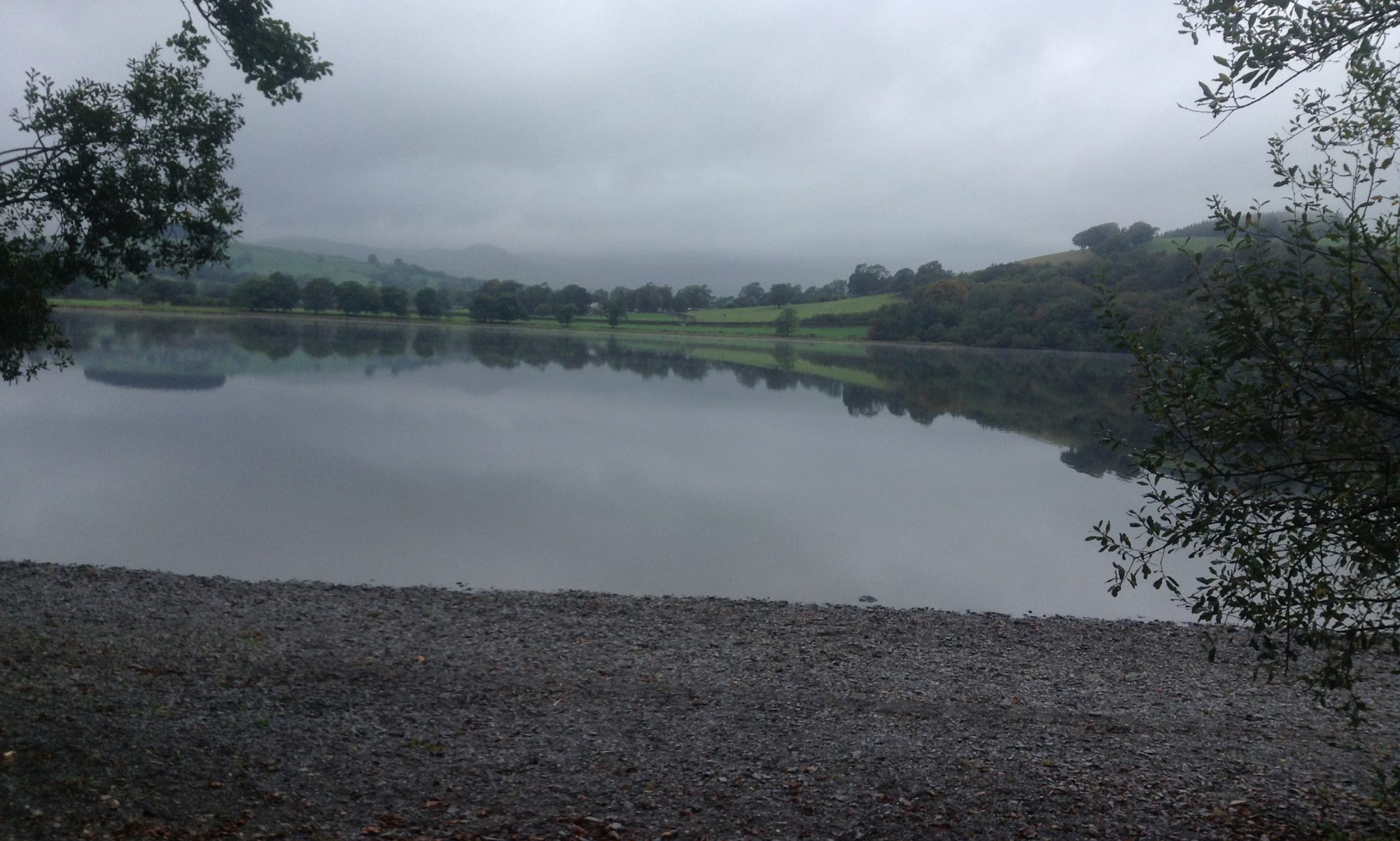Looking back is exactly what we need to do right now. How did we let it get this bad? What great change were we waiting for to fix it all? The sheer awfulness of this year and the time and energy we’ve all put in to cope with it allows things to just creep up on us until we remember how it used to be—what it really used to be like, not the candy coated piece of nostalgia various demagogues and swindlers try to persuade us to swallow.
An event like 9/11 is far enough back in time to make a meaningful comparison of now and then. Here in the US, we all remember where we were. This day reverberates, the echoes growing stronger or fainter depending on your distance from the US and the First World. Most of us looking to vote in less than two months look back on that day with photographic precision. I can tell you when and where I got up, what I did that day, and what changed. We were still operating on assumptions and conditions about our world that were not reflected in reality. We were missing deadlines and tipping points by design, too busy chasing success, or at least survival. The age was an Iron Maiden around us, just as it is now, but most of us didn’t notice. The sore places were familiar, the callouses thick.
Nothing is remotely comfortable today. I just ordered an air filter that won’t get here until after the smoke has likely cleared. I should have done it last year, when the fires returned. I woke up with a headache and sore throat for the second day in a row today. Like everything else in this time, it didn’t come on until the day after Apocalypse Day, when the sky turned orange and cars had to turn their headlights on at noon. Two days after the color has faded and the light is back, but the smoke is even worse. You can’t feel it, and the most frightening part of the visible signal is gone. The flames are not even out here in California and Oregon is now ablaze.
People were working down in that. Mail carriers were making deliveries, the trains in and out of San Francisco were only a little emptier. My question is, why were so many people riding them in the first place? You would think that after the fire seasons we’ve had in recent years someone would have had the sense to evaluate staffing levels and relative risk the moment they woke up to a sky out of Mad Max and notified everyone not truly essential to stay home.
I was an essential worker a day later. My only real job is to watch the front gate. A security guard is needed, if no one else is outside on site, and we are set up to do that job as safely as possible. We have a fairly tight office to sit in with windows that allow us to see what we need to. The COVID modifications were largely made months back, and they double nicely for the smoke that has been the newest addition to a California summer for the last half decade.
My house is not nearly that well prepared. Today I’m cradling a cup of breathe easy tea and contemplating the cost of new windows. I know that to do the job of sealing this house is beyond us, and that so many other problems of its aging structure make other repairs far more important.
This is the banality of evil. This is how we are kept so busy keeping our own acts together that we don’t realize that the other tactic—separation from each other—is being so skillfully employed. We all have our own problems, and we shouldn’t expect anyone to come and rescue us, right? We treasure our independence above all else in this country. No one should pay our way, right?
This current set of crises couldn’t have been better designed to show the flaws in that worldview. Nothing but literal invasion from space would have been more capable of bringing us together. I’d almost welcome something so bizarre, as it would feed into our cultural conditioning of “us” against “them”, at least for the duration of the emergency.
Many, many people have observed that we aren’t in the same boat. COVID and wildfire smoke offer yet more concrete proof. The Trader Joe’s I went to after work yesterday was open. So was the door. The clerks were not wearing N95s, but they were there when I needed them. The transit operators who were there to drive me home made it possible for me to avoid walking any further than necessary. While they had better masks, it was only a matter of degree. Those people and many more are showing the daily heroism of the essential worker. Our appreciation has waned, and they are generally not getting hazard pay for what they are doing.
So the hierarchy is preserved even in our degrees of suffering. We’re arguing about the relative ease and comfort of our individual rungs on the ladder. What we should be arguing about is the necessity to climb one at all in order to have “made it.” In order to eat and have a roof over our heads. Respect, happiness, peace of mind—you name it.
These things should be our birthright. Not necessarily the “fully automated luxury gay space communism” we laugh about on Facebook, but we should all have our basic needs met and a chance at some joy in our lives. We humans are a successful enough species to accomplish that for ourselves. Go back 5,000 years—go back a century, before all the wild places had been discovered, and at least some indigenous people who could still live on their own land and practice their own culture managed it—without destroying the ecosystem they lived in. They can do that again, and we can as well. All we have to do is get out of their way, return what lands we can, and consider our own situations and our relationships with all that lives.
We should all have the right to refuse work. We have the ability, but having to choose between hazardous duty and not eating isn’t really a choice, now is it? It’s very apparent who is ordering us into the danger zones. How many times is that person standing beside us?
Some of us are beyond the point where even a job can save us.
Before you say “fake news,” read the article and watch the video. I can walk you to encampments in my own neighborhood, places I pass on my way to the train or the ferry. Some of the individual living arrangements are pretty elaborate, showing the skill and ingenuity of the builder, but why are they there at all? There is empty housing all over the city, but it all belongs to someone and we aren’t collectively willing to pony up what it would take to get our neighbors inside and off the street.
Your area’s problem isn’t likely to be the same as mine. There are different, distressing problems popping up in all sorts of places. They all share one thing, though. They’re systemic and they’re about power and its Jekyll and Hyde twin, money. It isn’t possible for my neighborhood to band together and get the people in tents into the empty house down the street from me, any more than the residents of the Star motel could keep the lights on by passing the hat every time the electric company came around. Someone owns these places, goods, and services, and they expect to be paid. People paid the going rate for labor have no realistic way of forcing the issue for pay that allows them to live good lives.
There have been attempts to unionize fast food restaurants. Can you name even one that has succeeded, and has been effectively unionized for a year or more? Being part of a union’s formation at the moment, I can tell you that even with an enforceable right to unionize that protects one’s job, it is a hard road, much harder than the person who runs the workplace has to walk.
I question the whole structure we’re laboring under. That’s the scariest thing of all to the people at the top. They are busily proving that they will do absolutely anything to keep us doing our jobs, whether they’re essential or not. We have just seen a huge swath of people defunded with the lapse of the unemployment insurance relief that should have been a no-brainer for Congress. Why is there no bailout for the citizens as well as the corporations? Why was it so necessary to call the people who had just had the social safety net cut from beneath their feet too lazy to work? There were no jobs available for them. There is no excuse for anyone to have nowhere else but the streets to live on, or for workers to be forced out into the smoke with no realistic way to say no.
Yes, it can get worse—and that’s what scares us into frantic nationalism.
November 3rd is our next decision point. Our choices are designed—in part by us—to restore the status quo if at all possible. However, the choice is still clear to me. The incumbent has had the last four years, and more importantly the last nine months to deal with the pandemic. The information and the advisor, in the form of Fauci, was right there. He needn’t have done a perfect job, but surely we could have done at least as well as Italy? I sit in a room full of filtered air once a week because someone with a little power and some common sense did what was possible. Not perfect, but all that was possible, given the circumstances.
Trump has pushed that defense past the point of reason, let alone plausibility. He was in charge, and we know, if we have any memory and sense at all, that the administration he is responsible for creating and managing dismantled every preparation previous administrations had put in place that they could. By now, you have likely made up your mind about what you’ll do in November. If you are prepared to trust Trump (and have read this far), I can only hope there are fewer than you than there are of us. Because that’s the only way we will ever get back to a world where we know there is no “them” there’s only “us”.
So where were you on September 11, 2001? What did your world look like back then? How does it look now, and how did it get to where we are right now? What world do you want to wake up to next year at this time?


